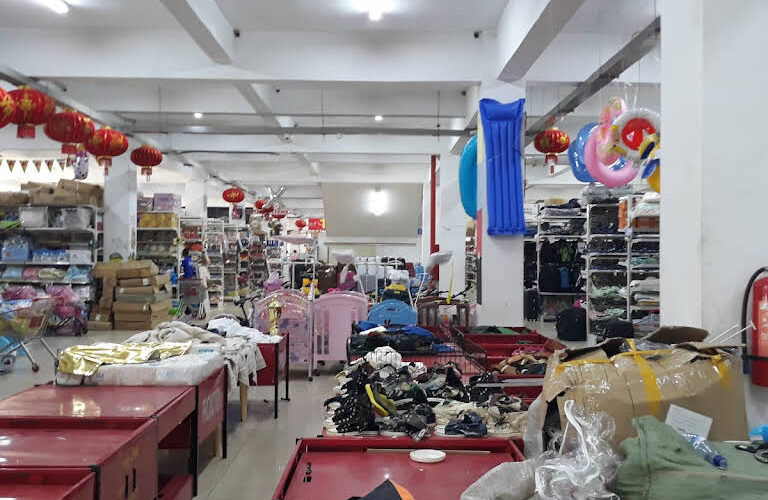Rwanda is a rapidly growing economy in East Africa, and the retail industry is no exception. The country’s consumer market is expanding, indicating a growing demand for retail goods and services. Despite the challenges that retailers face in the region, there are also several opportunities for growth.
The Current Landscape of Retail in Rwanda
Over the past few years, the retail industry in Rwanda has been on an upward trajectory. There has been an increasing number of local and international retailers entering the market, with new shopping centers and malls being constructed in Kigali, the country’s capital. This has led to an increase in competition, which has resulted in better quality products and services for consumers. Furthermore, there has also been a growth in informal retail markets, such as street vendors and small shops, which cater to lower-income earners.
The retail sector in Rwanda is dominated by small and medium-sized enterprises. However, there is also an increasing number of large retail chains entering the market, such as Nakumatand The 2000 supermarket. Traditional markets, such as Kimironko and Nyabugogo Market, also remain popular among locals. The country’s retail sector has also experienced growth in online sales, with several e-commerce platforms offering a convenient way for consumers to purchase goods and services.
Opportunities and Challenges for Retailers in Rwanda
One of the significant opportunities for retailers in Rwanda is the country’s growing middle class, which is expected to increase in the coming years. This presents a significant market for retailers who target middle and high-income earners. Additionally, the country’s young population, with a median age of 20 years, indicates a potential market for retailers who target youth-related products and services.
However, retailers in Rwanda also face several challenges. One of the significant challenges is the country’s inadequate infrastructure, particularly concerning transportation and logistics. Poor road networks and limited access to storage facilities make it difficult for retailers to transport and store goods, leading to increased costs and inefficiencies. Another challenge is the high import taxes imposed by the government, which increases the cost of importing goods and services into the country.
Furthermore, retailers also face challenges related to the country’s regulatory framework. The complex regulatory environment, coupled with a lengthy and cumbersome registration process, makes it difficult for retailers to comply with all the necessary regulations. This can lead to additional costs and delays in the entry of new retailers into the market.
Despite the challenges faced by retailers in Rwanda, the sector’s growth potential remains high, given the country’s expanding consumer market. The government has also made efforts to address some of the challenges faced by retailers, such as improving infrastructure and simplifying the regulatory framework. With the right strategies and policies in place, retailers in Rwanda can take advantage of the growing opportunities in the country’s retail sector.







